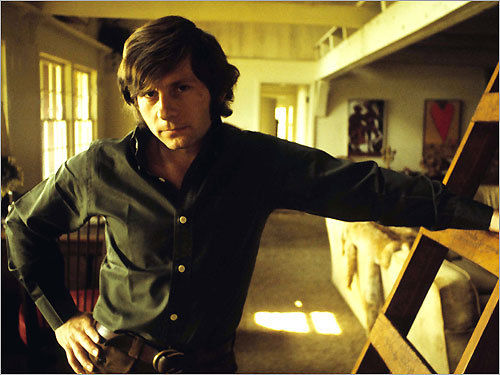
One of the few legitimate complaints about the way the press has handled the clericals sex abuse accusations is that there is a double standard for clerical and non-clerical abusers.
Roman Polanski fled the United States after being accused of having intercourse with a 13-year-old girl. He admitted the act, but said he didn’t know she was only 13. He has never returned to the U.S., but has had a successful career and received an Oscar in 2002 for The Pianist.
He wants his case to be heard in absentia, according to the AP. The victim wants him to appear before the court, and the court has refused to have a trial when he has fled justice and it has no control over his person.
The prosecutor David Walgren explained:
Walgren said little has changed legally since the day in 1978 when Polanski failed to appear in a Santa Monica courtroom for sentencing.
“The defendant ignored a lawful and valid court order to appear in court and instead chose to flee to the comforts of France,” he said.
“It would be a farce for this court to review the case when it has no jurisdiction over the defendant,” the prosecutor said.
Walgren argued that allowing such a hearing would violate the basic principle of the fugitive disentitlement doctrine, that “a fugitive from justice has no right to ask the court to review the very judgment that the fugitive flouts.”
As for the victim’s right to speak, Walgren concluded: “Until such time that the defendant submits to this court’s jurisdiction and the court holds a hearing, the time is not ripe for the victim, either personally or through her attorney, to be heard in court.”
There is no outcry that the arts community has honored an admitted child-molester.